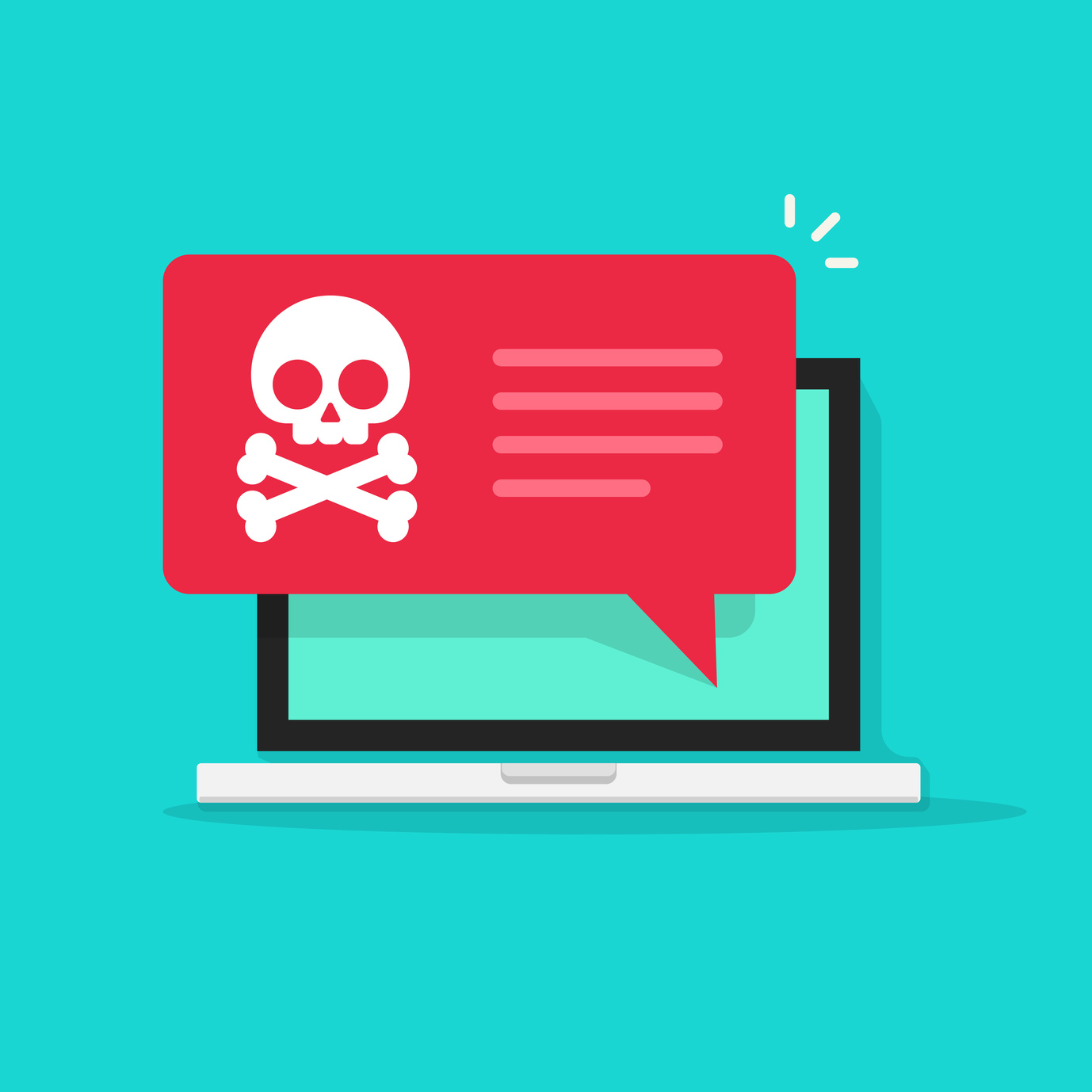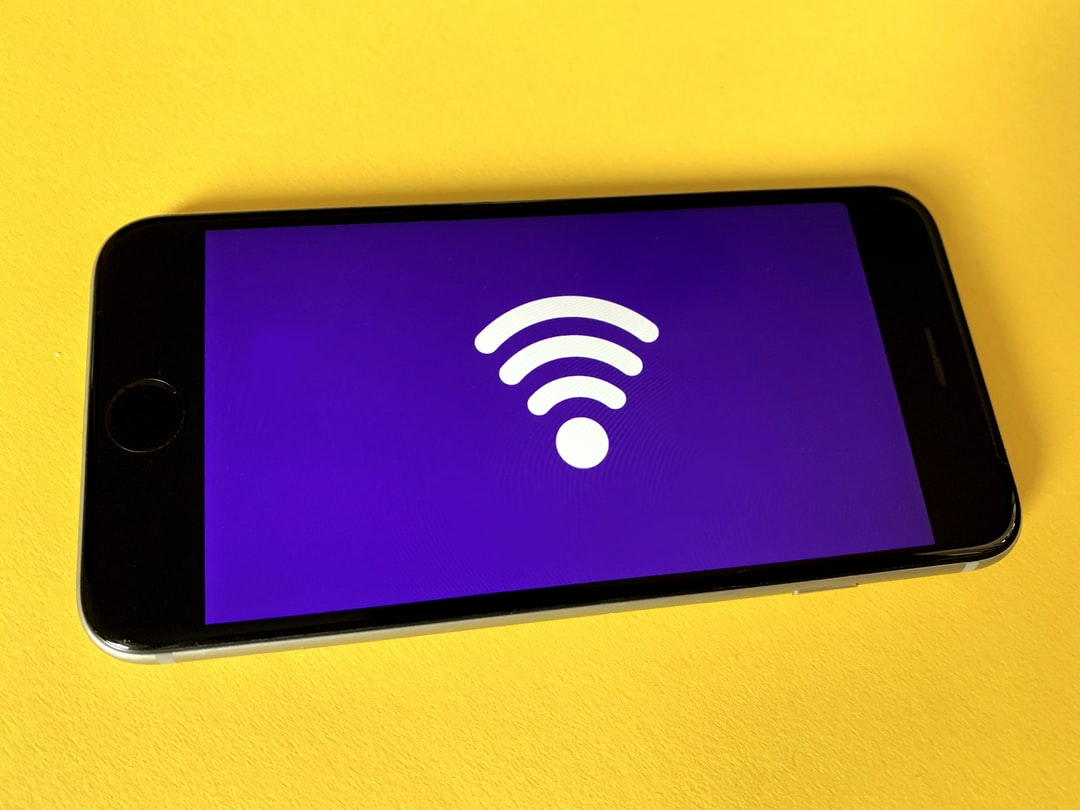Do you know about the biggest cybersecurity threats to your business?
If you don’t take action against cybersecurity threats, security breaches could actually take down your business. No business is too small to be targeted – it can happen to anyone.
In this guide, we’ll show you the ten biggest threats that you have to defend your business against. Knowledge is power, and when you know what you’re up against, you can take the right steps to protect your company.
Keep reading to learn what you need to know about cybersecurity threats and your business!
Why Cybersecurity Threats Happen to Small Businesses
You might be wondering why cybersecurity would be an issue for small businesses in the first place. After all, you may not have that many assets or customers to protect. However, that doesn’t protect your company from attacks.
Small businesses tend to be more vulnerable, actually, because many small business owners underestimate their value as a target and don’t take steps for protection. Hackers count on this, and specifically seek out these unprotected companies.
It’s easy to be lulled into a false sense of security when you’ve never been the victim of an attack. But these attacks can happen at any time. Even if a business sells seemingly innocuous products, like marine propellers, they almost certainly still have information hackers want (check out this post to read more about marine propellers).
When you don’t have any protections in place, even the most basic scams become effective. For example, an employee might accidentally open a phishing email, rendering valuable but unprotected information unsafe. Or, they might use their unsecured mobile phone to access private company information.
When discussing cybersecurity threats, phishing scams are particularly insidious. These scams often involve emails that appear to be from legitimate sources but are actually from attackers seeking to steal sensitive information. Educating your employees about these threats is crucial. Additionally, tools for verifying the identity of an unknown sender can be invaluable in these situations. By checking the authenticity of the sender, businesses can add an extra layer of security against phishing attempts.
The vast majority of cybersecurity threats actually have no specific target. Instead, they’re aimed at the general weaknesses many small businesses have. Look out for these threats to keep your business off of hackers’ lists.
1. Phishing
As mentioned above, many hackers will target your company using phishing attacks. This can be an easy way for them to get your information.
Phishing scams have been around since the internet was invented. In this type of scam, hackers pretend to be a legitimate source in order to get you or your employees to give them information.
A good way to prevent these scams is simply to educate your employees on what to look out for. Make sure to also restrict employee access to the most sensitive information. Only make it available to those who really need it.
2. Ransomware
Ransomware attacks are also incredibly common. In a ransomware attack, software is used to block access to certain information until you offer money to the hackers.
These attacks happen every day, to all kinds of different companies. However, you can avoid them by updating your company systems regularly, and by installing top-of-the-line anti-virus software on phones.
Also, be careful to back up your company’s files regularly, and be cautious when opening new data on a computer. Your anti-virus software should check everything out before you open it.
This is another issue you’ll want to educate your employees on, so they’ll know what to watch out for, too.
3. Cloud Storage
Cloud storage is a convenient, modern way to store your files. However, information stored on the cloud can also be targeted by hackers.
Issues arise when your cloud storage provider doesn’t provide the security you need. Make sure the providers you work with have a good reputation for protecting information.
A good cloud storage company will offer regular updates and defenses against hacking. Cloud computing can be a great option for your business – you just need to make sure it’s secure.
4. Website Attacks
A direct attack on your website is another common type of cybersecurity threat. When your small-business site doesn’t have many security measures in place, hackers can go in through the front door. They’ll conduct their malicious activities right there on your site.
This can be devastating for your business, though. Search engines like Google often give heavy penalties to sites that have been compromised in this way.
Make sure to protect your site by regularly changing your passwords, and updating your WordPress plugins, if applicable.
5. Stolen Devices
When a company phone or tablet gets stolen, lost, or otherwise compromised, this poses another type of security threat. Even a company laptop can be stolen, and if it contains private company information, that information is no longer private.
Make sure you have security measures on all your devices, and let your employees know what they need to do to protect information while using company devices. You can’t entirely prevent theft or other issues, so you’ll need to know that the information can be protected.
6. Credential Theft
Many hackers can use social media and other sources to find out what an employee’s credentials are and hack into a company system with those.
7. BYOD
Many workplaces have a BYOD culture, in which employees bring and use their own devices to work, too. However, these are just as vulnerable to threats as company-issued devices are.
Make sure that if employees are accessing company information from their own device, they are also taking appropriate security measures to protect it. Have a company policy that covers what kinds of data your employees can access, and what will happen if one of their devices is compromised.
8. Internet of Things
The Internet of Things is quickly growing. Equipment with internet connectivity can be a great benefit to your business, but it also offers yet another point of access for hackers.
9. Algorithms
Using algorithms at your company can be great, but you shouldn’t blindly trust your algorithms. The more you trust them to make important decisions without oversight, the more your company is at risk.
10. Silencing of Researchers
Security researchers play an important role in protecting businesses.
However, both the government and private companies sometimes silence these valuable researchers, taking away access to important security information for small businesses.
Are You Taking Action Against Cybersecurity Threats?
No matter what type of company you have, you need to take action to protect your business from these threats.
Do you need protection for your site? Check out the pricing for our site monitoring service here.




